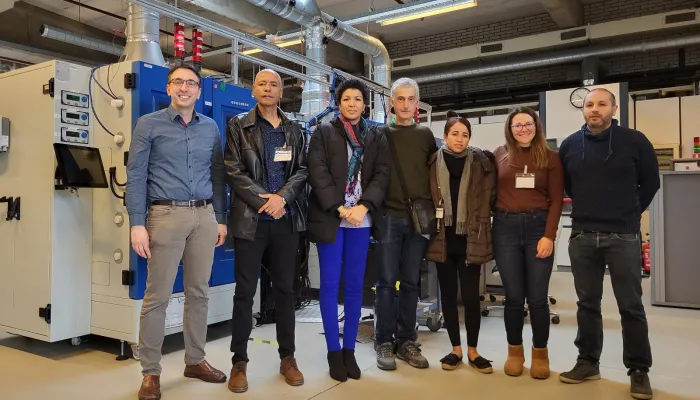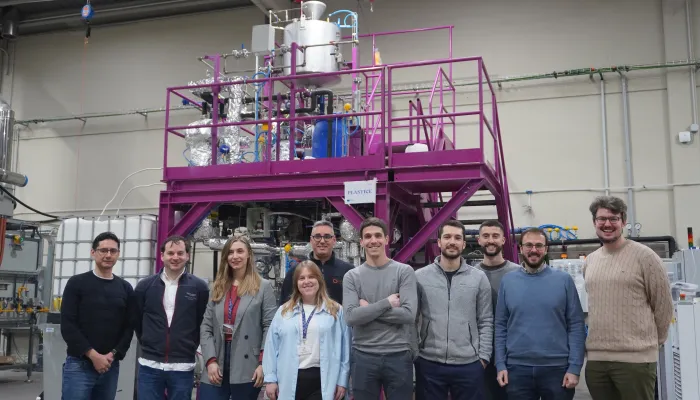The LCE4Roads project presents its sustainability certification for roads

The LCE4ROADS project consortium presented the final results of the project during its final conference, held last week in Brussels, Belgium. The event brought together around 60 experts from the road construction sector, including representatives from public administrations and the industrial sector. The event addressed four key issues:
- The importance of managing sustainability aspects in the lifecycle of transport infrastructures.
- The practical application of sustainability indicators in the design, construction, and management processes of these infrastructures.
- The experience of developing a document from the European Committee for Standardization as a means to deliver project results.
- The need to combine efforts with other research initiatives related to the sustainability aspects of roads.
The main outcome of the project has been the development of a new certification system for road transport infrastructures, along with proprietary software and user manuals.
This certification considers the three pillars of sustainability—environmental, social, and economic—along with the technical performance of the infrastructure. In other words, the LCE4ROADS certification is granted based on the sustainable performance of the road, determined through a set of 25 indicators that take into account these four aspects.
The certification can be awarded to new roads as well as to existing roads, whether they are asphalt or concrete. Additionally, it allows for the assessment of the sustainability of both traditional and disruptive materials and construction processes.
The LCE4ROADS project is funded by the European Commission under the Seventh Framework Programme and arises from the need for new comprehensive road sustainability certification systems at the European level.
Thus, the project has demonstrated the strong commitment of the road infrastructure industry towards more sustainable models, with a consortium composed of twelve partners representing a broad spectrum of stakeholders, including construction companies, SMEs, R&D centers, standardization agencies, and more.
Latest news






